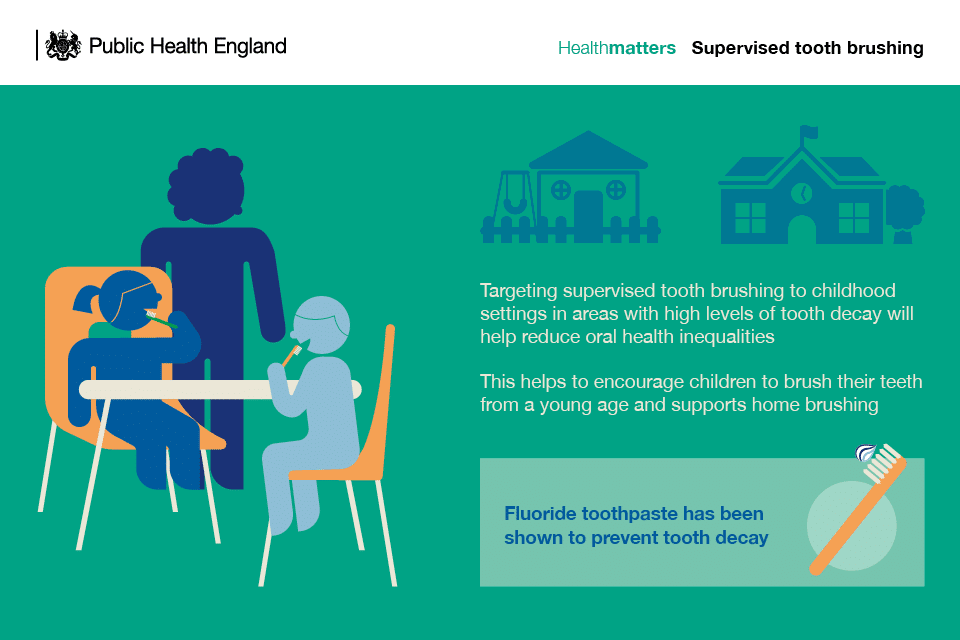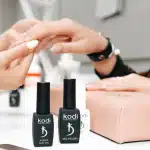Did you know that tooth decay is the most common preventable chronic disease in children? That’s right. Even before kids lose their baby teeth, they may face cavities and gum issues if proper oral hygiene isn’t established. Early education about oral health not only prevents tooth problems in the short term but also shapes behaviors that lead to better overall health in adulthood.
This blog explores the importance of teaching kids about oral care, the key habits they need to learn, and how a trusted pediatric dentist in Portland can make all the difference.
The Foundation for Lifelong Oral Hygiene Starts Early
Why Start Early with Dental Education?
Children are like sponges, soaking up new habits and behaviors from an early age. Research shows that kids who learn good oral hygiene practices when they’re young are more likely to carry these habits into adulthood. Early education goes beyond brushing and flossing; it also involves understanding the importance of regular dental checkups and maintaining a balanced diet for strong teeth.
Here are some key benefits of teaching oral hygiene early:
- Prevention of Decay: Kids who learn proper brushing and flossing techniques early are less likely to develop cavities and gum issues.
- Reduced Dental Anxiety: Regular visits to the dentist, starting at a young age, help children become comfortable with dental appointments.
- Healthier Smiles as Adults: A solid oral care routine reduces the likelihood of chronic dental issues later in life, such as gum disease or tooth loss.
- Connection to Overall Health: Oral health is linked to heart and digestive health, making it essential to start good habits young.
The Impact of Early Cavities
Tooth decay in children may seem harmless, especially if it’s on teeth that will eventually fall out. However, this is a serious misconception. Baby teeth serve as placeholders for permanent teeth, ensuring proper chewing and speaking development. If a child loses baby teeth prematurely due to decay, it can lead to alignment issues or dental crowding.
Early cavities can also affect a child’s confidence and willingness to smile. By prioritizing oral health education, parents can set their children on a path to strong, healthy smiles for years to come.
Teaching Kids Essential Oral Habits
1. Introduce Brushing and Flossing Early
Start brushing your baby’s teeth as soon as the first tooth appears. Use a soft-bristled toothbrush and a smear of fluoride toothpaste. By age 3, kids can graduate to a pea-sized amount of toothpaste. Flossing is equally important and should begin as soon as two teeth touch.
Make brushing and flossing part of your child’s daily routine and turn it into a fun activity by using songs, colorful toothbrushes, or rewards.
Pro Tip: Set a timer or play a 2-minute song during brushing time to ensure they’re brushing for the recommended duration.
2. Use Positive Reinforcement
Make oral hygiene a positive experience rather than a chore. Praise your child for brushing and flossing on their own. Consider using a star chart where they earn rewards for consistent oral care. This builds enthusiasm and accountability.
3. Promote Healthy Eating Habits
A child’s diet plays a huge role in their oral health. High-sugar snacks and sodas create an environment for harmful bacteria, leading to tooth decay. Instead, encourage whole foods like fruits, vegetables, cheese, and nuts to strengthen teeth and gums.
Fun Tip: Make healthy snacking exciting by serving fruits in fun shapes or pairing veggies with a tasty, low-sugar dip.
4. Don’t Skip the Dentist
Scheduling the first dental visit by the child’s first birthday is recommended by the American Dental Association. Routine checkups detect early problems and ensure your child’s teeth are developing correctly. A pediatric dentist in Portland, for example, can provide specialized care tailored to children’s unique dental needs while making the experience fun and stress-free for young patients.
Regular checkups also show kids the importance of professional dental care, creating a foundation for lifelong visits to the dentist.
Beyond Oral Health: Teaching Lifelong Discipline
The benefits of early education about oral health go beyond just preventing cavities. It instills values like consistency, discipline, and self-care from a young age. These habits don’t just leave children with strong smiles; they teach kids to prioritize their overall health and wellbeing.
Schools can also play a key role by incorporating dental health lessons into the curriculum or organizing activities like brushing challenges or visits from dental professionals.
A Healthy Smile Is a Happy Smile
When it comes to oral health, starting early really does matter. By making brushing and flossing fun, building healthy snacking habits, and scheduling visits to a trusted pediatric dentist in Portland, parents can ensure their children enjoy vibrant smiles today and strong oral health for a lifetime.
At the end of the day, oral hygiene is one of the most valuable habits parents can teach their kids. Stronger teeth make stronger smiles, and stronger smiles lead to confident, happy individuals ready to take on the world.

Markmalte is an experienced writer for The Celebrity Niche, specializing in celebrity stories. With a keen eye for detail, he brings the latest updates on celebrity relationships, biographies, and news to his readers.







